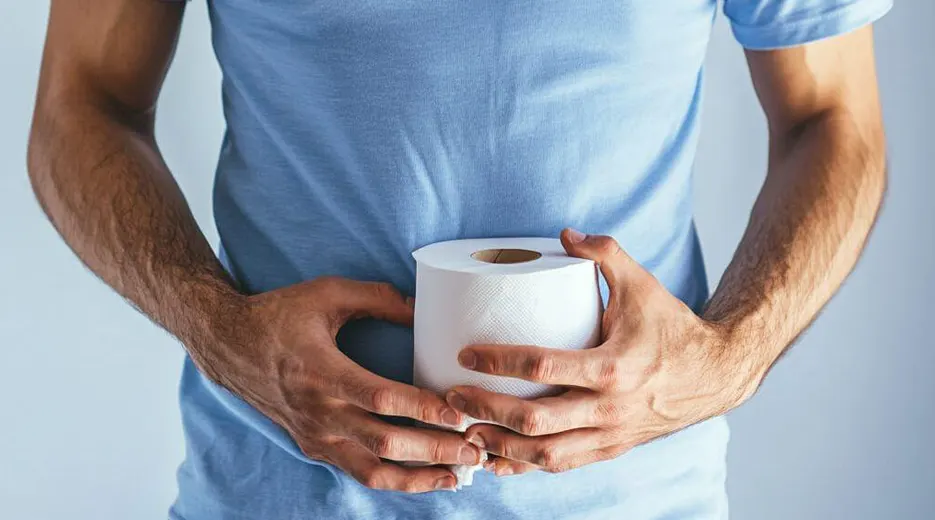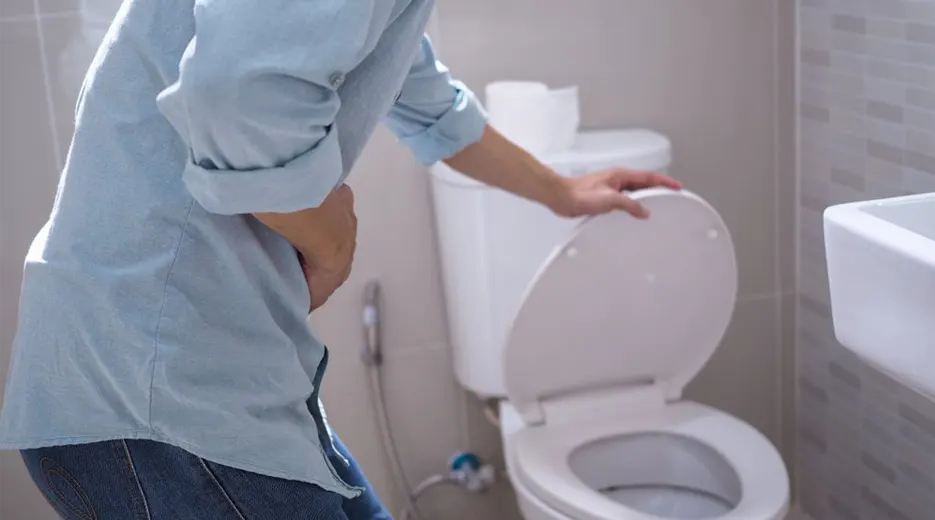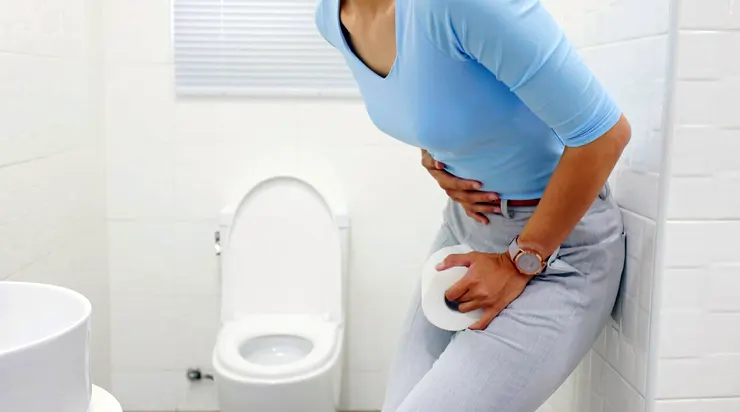What to eat during diarrhea
Diarrhea can cause significant discomfort and health issues, especially when accompanied by dehydration. A proper diet plays a crucial role in alleviating symptoms and supporting the body’s recovery.
According to Bavnews.am, here’s what to eat during diarrhea to help your body recover quickly and avoid complications.
Why Diet Matters During Diarrhea
During diarrhea, the body loses large amounts of fluids and electrolytes such as sodium, potassium, and glucose. This can lead to dehydration, which is particularly dangerous for children and the elderly. A well-chosen diet helps reduce intestinal irritation, regulates the digestive system, and accelerates the healing process.

Initial Diet for the First Days
During the first 1-2 days of diarrhea, it is recommended to follow a diet consisting of the following foods:
- Bananas
- White rice
- Applesauce
- Caffeine-free tea
- Toasted white bread
Diet for the Following Days
Once the symptoms begin to subside, you can gradually introduce the following foods into your diet:
- Boiled or steamed vegetables such as carrots, pumpkin, and potatoes
- Boiled or steamed lean meats like chicken or turkey
- Boiled fish
- Eggs – boiled or steamed
- Porridge made from rice, buckwheat, or oats
- White bread or dry toast
- Light broths – chicken or beef
These foods are easily digestible and gentle on the intestines.

Foods to Avoid During Diarrhea
During diarrhea, it is important to avoid the following foods, as they may worsen the condition:
- Fatty and fried foods
- Spicy and salty foods
- Dairy products, especially milk and cheese
- Fresh fruits and vegetables, particularly apricots, plums, and grapes
- Legumes such as beans and chickpeas
- Carbonated and alcoholic beverages
- Sweets and sugar-rich products
These foods can irritate the intestines and prolong the duration of diarrhea.
The Importance of Fluid Intake
Diarrhea causes the body to lose large amounts of fluid, so it is essential to maintain adequate hydration:
- Drink clean water – 200-250 ml after each bowel movement
- Use oral rehydration solutions – for example, dissolve 1 teaspoon of salt and 8 teaspoons of sugar in 1 liter of water
- Drink herbal teas – such as chamomile or peppermint
- Consume light broths – chicken or beef
This helps prevent dehydration and restore electrolyte balance.
How to Continue Eating After Recovery
During the recovery phase, it is recommended to gradually return to a normal diet by following these suggestions:
- Start with soft, easy-to-digest foods, and introduce new items gradually.
- If any food causes irritation again, stop consuming it for several days.
- Continue drinking plenty of fluids even after diarrhea ends.
- You can also consume kefir or natural yogurt to help restore gut flora, if your stomach tolerates it well.
Additional Tips
- Eat in small portions – 5-6 times a day
- Avoid very cold or very hot foods
- Maintain personal hygiene – wash your hands frequently
- Avoid intense physical activity
When to Visit a Doctor
Seek medical attention immediately if diarrhea lasts more than 3 days, is accompanied by high fever, blood or mucus in the stool, or symptoms of dehydration such as dry mouth, dizziness, or reduced urination.
A proper diet during diarrhea is essential for fast recovery. By following the recommendations above, you can ease the symptoms and prevent complications.
Precautions
- Do not take anti-diarrheal medications without a doctor’s advice, especially if the diarrhea is accompanied by fever or blood.
- For children, pregnant women, or the elderly, the diet should be tailored with the guidance of a doctor or pediatrician.
- Remember: Self-medication can be dangerous.




